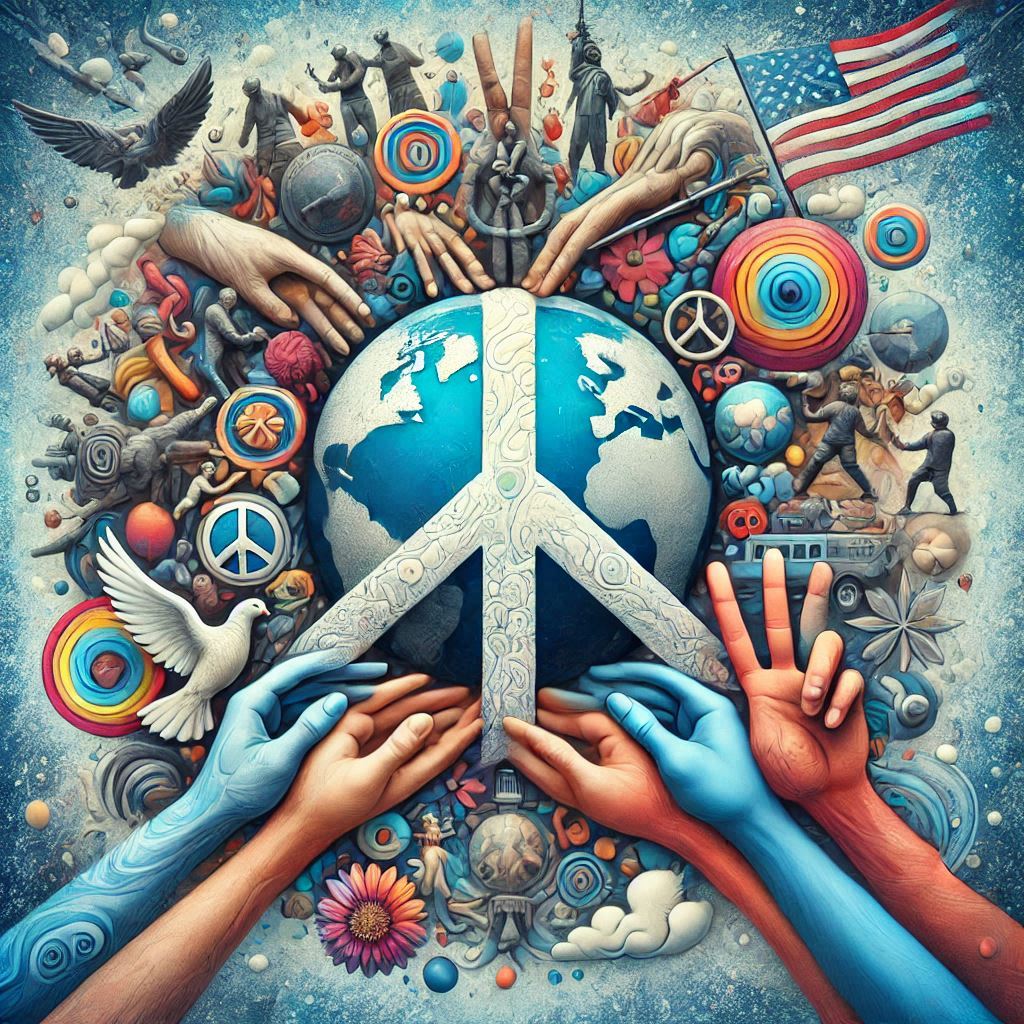Historical Background
The origins of the conflict can be traced back to the dissolution of the Soviet Union in 1991. Ukraine declared independence, but its ties to Russia remained strong, both culturally and politically. This relationship has been marked by periods of tension and cooperation, influenced by Ukraine’s strategic importance and its desire for closer ties with Western Europe.
The Russia-Ukraine war, a significant and ongoing conflict, has its roots in historical, political, and social complexities that have shaped the relationship between the two countries.

The Euromaidan Protests and Crimea Annexation
The immediate catalyst for the current conflict was the Euromaidan protests in 2013-2014. These protests erupted in response to then-President Viktor Yanukovych’s decision to reject an association agreement with the European Union in favor of closer ties with Russia. The protests led to Yanukovych’s ousting in February 2014, and a pro-Western government was established.
In response, Russia annexed Crimea in March 2014, citing the need to protect the rights of Russian-speaking citizens. The annexation was widely condemned by the international community and led to the imposition of sanctions on Russia. This move also inspired separatist movements in the eastern Ukrainian regions of Donetsk and Luhansk, collectively known as the Donbas. These regions declared independence, leading to the outbreak of the Donbas War, a conflict between Ukrainian forces and Russian-backed separatists.
Escalation and Full-Scale Invasion
The situation escalated dramatically on February 24, 2022, when Russia launched a full-scale invasion of Ukraine. Russian President Vladimir Putin justified the invasion with claims of protecting Russian speakers and “denazifying” Ukraine. This invasion marked the most significant military conflict in Europe since World War II.
Despite initial expectations of a swift victory for Russia, Ukrainian forces, bolstered by international support, managed to mount a strong resistance. Key cities like Kyiv and Kharkiv saw intense fighting, but Ukrainian forces were able to defend these areas. The conflict has resulted in widespread destruction, significant civilian casualties, and a humanitarian crisis with millions of Ukrainians displaced.
International Response
The international community has been deeply divided over the conflict. Western countries, including the United States and European Union members, have provided substantial military and humanitarian aid to Ukraine. Sanctions against Russia have been intensified, targeting its economy, political elite, and industries.
Conversely, some countries have maintained a more neutral stance or have continued to support Russia, reflecting the complex geopolitical dynamics at play. The war has also affected global energy markets, with Europe’s reliance on Russian gas becoming a critical issue.
Current Situation and Future Prospects
As of now, the conflict remains unresolved with ongoing fighting in various regions of Ukraine. Diplomatic efforts have been made, but a lasting peace agreement has yet to be achieved. The resilience of the Ukrainian people and the country’s military capabilities have played a crucial role in resisting Russian advances.
The war has highlighted the importance of international alliances and the need for a coordinated response to aggression. It has also underscored the ongoing struggle for sovereignty, democracy, and national identity in the face of external threats.
The future of the Russia-Ukraine war remains uncertain, with the potential for both further escalation and diplomatic resolution still on the table. The path to peace will likely require significant negotiations and concessions from both sides, as well as sustained international support for Ukraine’s sovereignty and independence.

Excellent article with clear, useful information. I’m impressed by the consistent quality of content on this website.
Thank You !!!